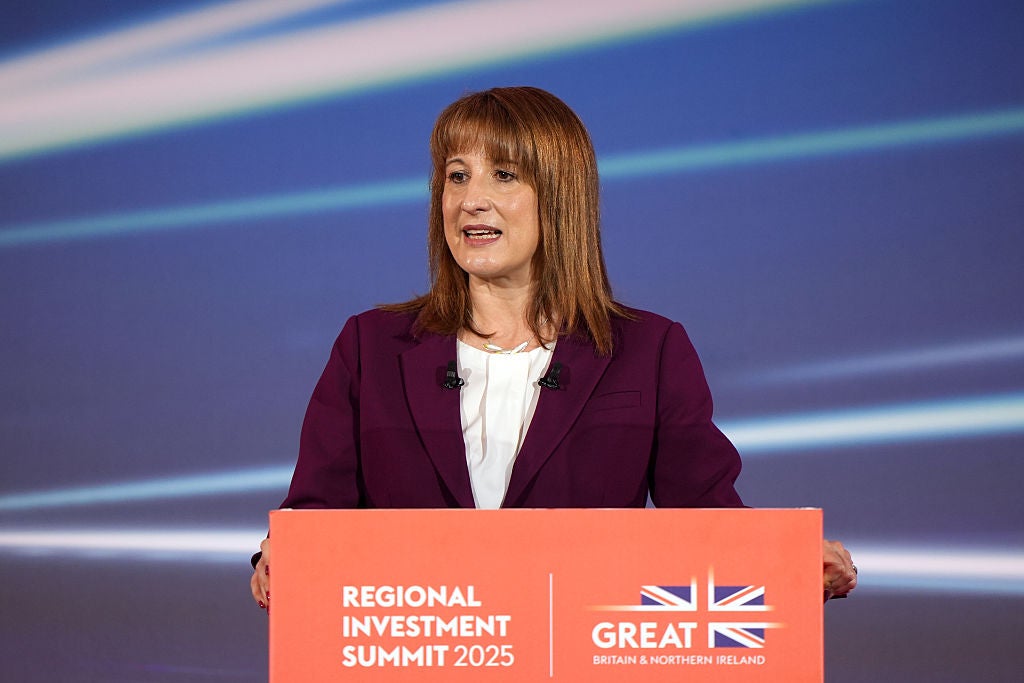Rachel Reeves has been warned that cutting cash ISA limits will cost the Treasury billions and will not encourage people to start investing.
The Building Society Association (BSA) say the damage inflicted by cutting cash ISA rates would result in up to 60,000 fewer mortgages being offered across the property market, as well as hamper the government’s own target of 1.5 million new homes across the term of parliament.
As a result, BSA estimate that damaging economic growth and reducing tax revenues could hit the Treasury by £2.5bn.
Over the summer, building societies including Nationwide and Skipton wrote to the chancellor pleading with her to leave cash ISAs untouched.
Building societies are among those who offer cash ISA products and use those deposits to support their ability to fund residential mortgages. Cutting the amounts saved into them could hit building society mortgage supply by 5 per cent, says BSA research. They tend to be particularly active in the first-time buyer market.
The Treasury select committee chairman Dame Meg Hillier said that it was “not the right time to cut the cash Isa limit”.
Currently, rules allow each person to save £20,000 per tax year into ISAs across the available range, which includes Lifetime ISAs as well as cash and investing versions. Speculation has suggested Ms Reeves may cut that by half with regards to how much can be saved as cash, with the remainder of the allowance then able to be diverted towards investing.
The chancellor earlier this year highlighted the vast difference in potential returns that saving or investing £2,000 could make, and though eyebrows were raised at the rates used in each case, the essential point remains valid: over prolonged periods of time, investing tends to yield better results than saving.
Meanwhile, the results of a new poll show more people would rather potentially pay tax on cash savings than start investing.
Get a free fractional share worth up to £100.
Capital at risk.
Terms and conditions apply.
Go to website
ADVERTISEMENT
Get a free fractional share worth up to £100.
Capital at risk.
Terms and conditions apply.
Go to website
ADVERTISEMENT
The government have been clear that they want to create a culture of investing across the UK, which has lower numbers of retail investors – the general public, in other words – than other nations such as Germany, Sweden or the US.
But the chancellor’s reported plan to effectively herd people into stocks and funds by cutting their tax-free savings allowance has been widely criticised, with most industry experts agreeing it is entirely unlikely to have the desired effect.

That viewpoint is backed up now by new research which showed more people (26 per cent) would rather save any extra money beyond the cash ISA limit into an ordinary, non-ISA savings account, than invest it in a tax-free stocks and shares ISA (20 per cent).
An additional one in ten (10 per cent) said they’d spend the money instead, with almost two in ten (18 per cent) saying they wouldn’t make a specific plan for the extra cash – in both cases potentially reducing the financial resilience of individuals or families.
The poll was undertaken by Censuswide on behalf of personal finance comparison site Finder, with 2,000 adult respondents.
Curiously, 15 per cent said they would invest the money outside of an ISA – perhaps indicating some had maxed out their allowance already or were unaware of the mechanics of investing within an ISA – while nine per cent said they didn’t know what cash ISAs were.
Finally, 16 per cent suggested they’d put money into Premium Bonds – which offers prizes once a month but does not pay any interest, meaning most money within it is at risk of losing buying value over time due to the effects of inflation, which is currently running at 3.8 per cent.
George Sweeney, investing expert at Finder, said: “It was met with plenty of backlash, but trying to encourage Brits to invest more and get better returns is a commendable end point that I agree with. However, I don’t think that cutting the cash ISA allowance paves the way to this result.
“A large reason for this is that plenty of people don’t feel confident enough about the prospect of investing. We found only 1 in 5 Brits (20 per cent) currently invest in the stock market. When asked why this was the case, the main reason was that a quarter (25 per cent) think it’s too risky.
“Unfortunately, tinkering with the ISA allowance isn’t going to lead to the cultural and behavioural change necessary that would lead to more Brits investing. Instead, we need better financial education for adults and the younger generation about the possible long-term benefits of investing.
“The potential risks of fiddling with the ISA allowances and rules far outweighs the slim chance this change leads to Reeves’ intended outcome.”


.jpeg?trim=0,0,0,0&width=1200&height=800&crop=1200:800&w=696&resize=696,0&ssl=1)